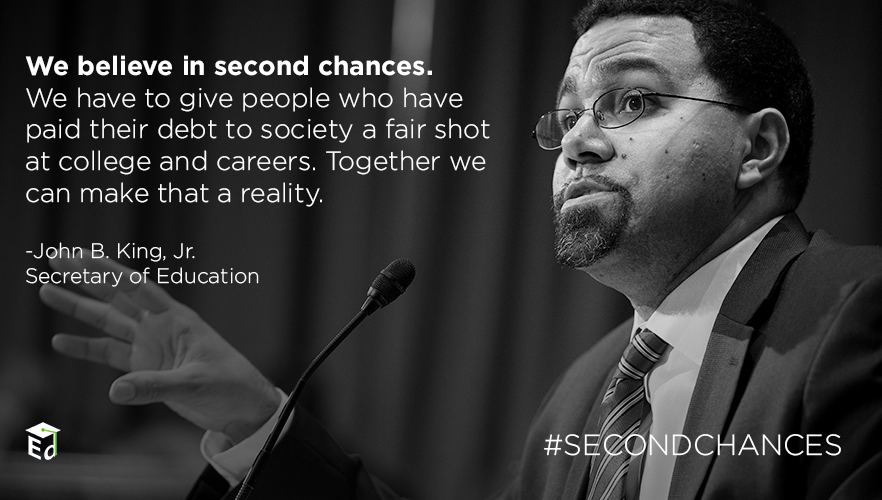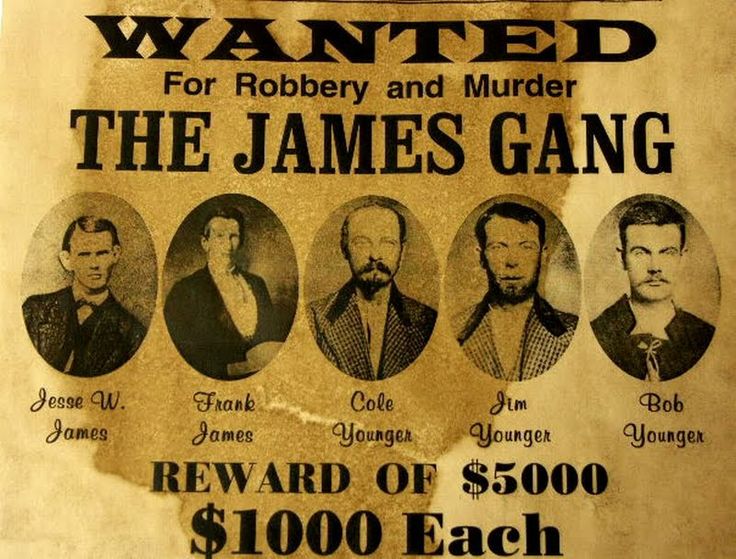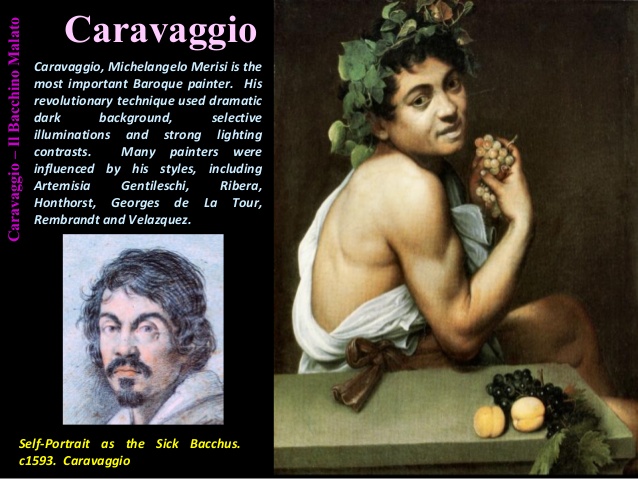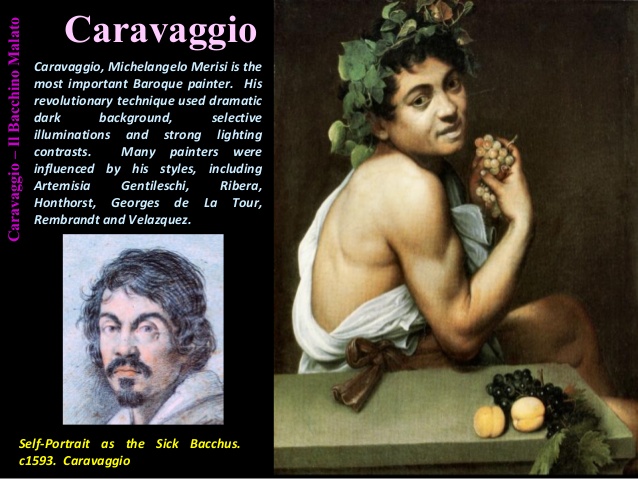Teaching a class, “The 2016 Presidential Election: The Fight to Vote in American History,” in the JCI Scholars Program presented me with a unique opportunity to view the recent election through the eyes of a forgotten voting block – the incarcerated. The experience was a rich and rewarding one. Students were well prepared for class and demonstrated a deep understanding of the candidates and issues. They had strong opinions and did not hesitate to voice them, all the while adhering to the agreed upon guidelines that discussions be conducted respectfully and supported with facts.
To put the 2016 election into perspective, we read Whistlestop, in which author John Dickerson writes about some of the more colorful presidential campaigns of the past. In discussing the book, the class concluded the Clinton-Trump contest we witnessed this year was without precedent. Like most of us, the students did not anticipate a Trump victory, however they were able to identify some of the key reasons for his victory.
The class expressed particular interest in the purpose of the Electoral College. They had a spirited discussion on the pros and cons of deciding the presidency based on the vote of the Electoral College versus the popular vote.
What impressed me most was the students’ willingness to ask questions. They were not hesitant to ask for clarification or confirm the accuracy of information when they were confused about an issue or something the candidates said. I feel confident they have the interest and the skills to be well-informed voters upon their release.

 Reading from The Maximum Security Book Club and Q&A at the Enoch Pratt Library on June 15, 2016, with (l to r) JCI Scholar Vincent, Baynard Woods, Correspondent for the Guardian and writer for the City Paper, Glennor Shirley, Maryland State Prison Librarian, and JCI Scholar Mikita Brottman. You can listen to interviews with Mikita and Vincent at:
Reading from The Maximum Security Book Club and Q&A at the Enoch Pratt Library on June 15, 2016, with (l to r) JCI Scholar Vincent, Baynard Woods, Correspondent for the Guardian and writer for the City Paper, Glennor Shirley, Maryland State Prison Librarian, and JCI Scholar Mikita Brottman. You can listen to interviews with Mikita and Vincent at: Today’s class with Mr. Fotheringill was quite interesting to me considering I have very little knowledge about or interest in Buddhism. Some aspects of it seemed admirable and attainable, while other parts of it seemed a bit hokey. I do believe meditation is a very powerful exercise. I touched on it a little during class, about these Buddhist monks being discovered dead for days with no signs of decomposition. It’s just inexplicable. It shows somehow that this meditation they were in was so deep that the death of their physical body didn’t even cause it to decompose. I think this shows meditation can be an extremely powerful force in some individuals, maybe even all individuals are capable of this.
Today’s class with Mr. Fotheringill was quite interesting to me considering I have very little knowledge about or interest in Buddhism. Some aspects of it seemed admirable and attainable, while other parts of it seemed a bit hokey. I do believe meditation is a very powerful exercise. I touched on it a little during class, about these Buddhist monks being discovered dead for days with no signs of decomposition. It’s just inexplicable. It shows somehow that this meditation they were in was so deep that the death of their physical body didn’t even cause it to decompose. I think this shows meditation can be an extremely powerful force in some individuals, maybe even all individuals are capable of this.
 I came away from Dr. Sizer’s lecture with information such as when the term “bandit” was first employed. It was a term that was first used during the medieval era that referred to the everyday soldier. Dr. Sizer explained that the bandit differed from the common criminal in that the bandit shared the support of the population, for the bandit did not perform crimes that were of a predatory nature against the people. He was a person that stood up against social injustice and took a stand. He acted. He did not simply sit by ad observe, he responded.
I came away from Dr. Sizer’s lecture with information such as when the term “bandit” was first employed. It was a term that was first used during the medieval era that referred to the everyday soldier. Dr. Sizer explained that the bandit differed from the common criminal in that the bandit shared the support of the population, for the bandit did not perform crimes that were of a predatory nature against the people. He was a person that stood up against social injustice and took a stand. He acted. He did not simply sit by ad observe, he responded.
 I would like to say that I felt honored to be able to hear John Peacock’s reading about his life, and how he came to find out his true heritage and roots. Like John Peacock, I am also Irish and Indian mixed. My whole life I was led to believe that my father was a Cherokee Indian. I have always had a sixth sense, if you will, when it comes to Nature, like I’m in tune with the smells and sounds of the woodlands. I also have the stubbornness and temper of an Irishman. I would love to go on a journey such as John Peacock went on, to find out my true roots. My father was never in my life, and when I got old enough to take care of myself, I met with him. Soon after, he was beaten to death and robbed for his money. I wonder if there is a way for me to find out if I am truly part Cherokee Indian or not. Any feedback would be truly helpful. I am honored to have gotten a glimpse into John Peacock’s life, and to hear intimate details about his Sweat Lodge experience. Thank you for coming to speak with us. Truly outstanding.
I would like to say that I felt honored to be able to hear John Peacock’s reading about his life, and how he came to find out his true heritage and roots. Like John Peacock, I am also Irish and Indian mixed. My whole life I was led to believe that my father was a Cherokee Indian. I have always had a sixth sense, if you will, when it comes to Nature, like I’m in tune with the smells and sounds of the woodlands. I also have the stubbornness and temper of an Irishman. I would love to go on a journey such as John Peacock went on, to find out my true roots. My father was never in my life, and when I got old enough to take care of myself, I met with him. Soon after, he was beaten to death and robbed for his money. I wonder if there is a way for me to find out if I am truly part Cherokee Indian or not. Any feedback would be truly helpful. I am honored to have gotten a glimpse into John Peacock’s life, and to hear intimate details about his Sweat Lodge experience. Thank you for coming to speak with us. Truly outstanding.
 because I’m 46 years old and still don’t know shit!
because I’m 46 years old and still don’t know shit!

 The class on architecture was interesting because I’ve worked construction almost my whole life, and I have experience working with terracotta tile black (clay). I can’t believe it takes almost eleven years to learn this career. But I guess it really does, to learn all that it takes to build an entire building.
The class on architecture was interesting because I’ve worked construction almost my whole life, and I have experience working with terracotta tile black (clay). I can’t believe it takes almost eleven years to learn this career. But I guess it really does, to learn all that it takes to build an entire building. around the world is still here after all these years. Only the things that were destroyed by war and man’s stupidity are lost to newer generations. I believe that if there is a record of a great building or structure that was destroyed, it should be rebuilt just because great things should be remembered and admired.
around the world is still here after all these years. Only the things that were destroyed by war and man’s stupidity are lost to newer generations. I believe that if there is a record of a great building or structure that was destroyed, it should be rebuilt just because great things should be remembered and admired. because it helped with hearing and cooling. But then he said that dust became a big problem, not to mention the rat incident!
because it helped with hearing and cooling. But then he said that dust became a big problem, not to mention the rat incident!